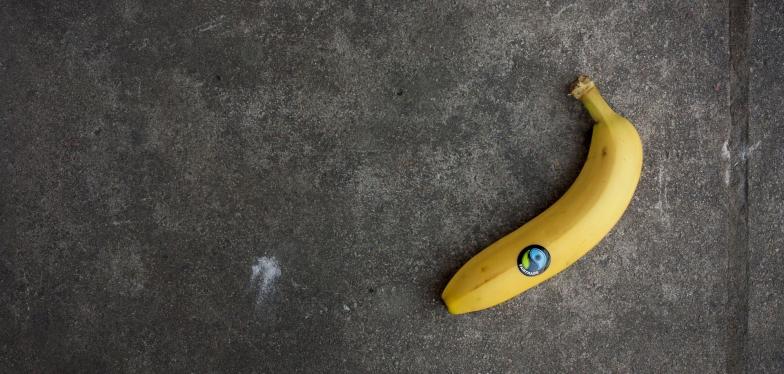Belgium aims to become Fair Trade Country by 2020
Fair Trade Week was held in Belgium from 4 to 14 October 2017. This is an annual initiative and was already the sixteenth edition this year.

During this edition the focus was on a new objective: making Belgium a Fair Trade Country by 2020. In specific terms this means that every Belgian must buy fair products to a value of 15 euros in 2020: a reasonable objective in principle, given that this value already amounted to 14.3 euros in 2017 and that it has done nothing but grow over the last four years.
Lots of initiatives and events were organised during Fair Trade Week (which in fact lasts 10 days), one of which was ‘The Biggest Protest’. The aim was for 750,000 people to peacefully protest for an honest income for all. They did this, not by marching in the streets, but by buying fair trade products.
In 2013 every Belgian bought an average of just 8.6 euros of fair trade products, so the step to 14.3 in 2017 is quite considerable. Belgium's performance is better than their French neighbours (an average of 14.2 euros) but below that of the Netherlands (an average of 15.10 euros). Moreover, 36% of all Belgian municipalities now carry the Fair Trade Municipality title and 70 companies have already signed up for the Belgian SDG Charter uniting companies and organisations that support and wish to achieve the Sustainable Development Goals.
In 2012, 85% of Belgians were familiar with fair trade products, and this is already at a level of 92% in 2017. This is also thanks to the fact that all large supermarkets in Belgium sell fair trade products. Even so, research demonstrates that only 7 out of 10 Belgians can spontaneously name a fair trade product. This explains the Fair Trade Week initiative, helping consumers to become familiar with lots of products and brands.
The Minister for Development Cooperation, Alexander De Croo, took the opportunity of Fair Trade Week to visit the JBC clothes factory in Aalst. Here he was introduced to the “I AM Transparency” tool, with which you can scan every garment from the “I AM” collection to see in which factory it has been made. Oxfam also launched a crowdfunding campaign of 20,000 euros for the development of honest and organic T-shirts. More information on fair trade clothing can be found on www.schonekleren.be.